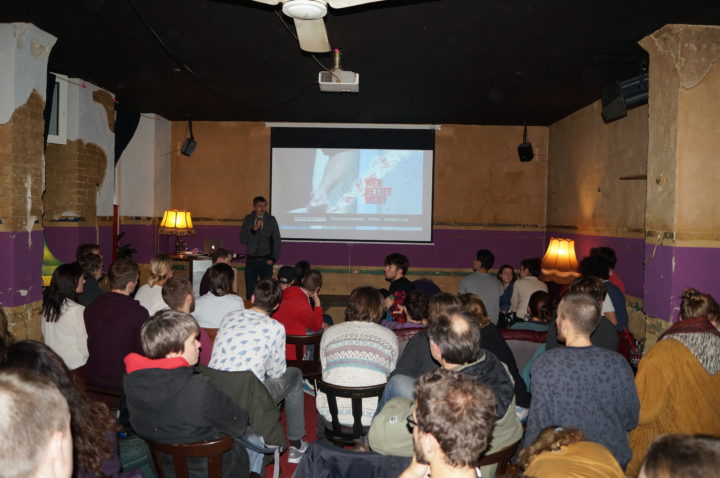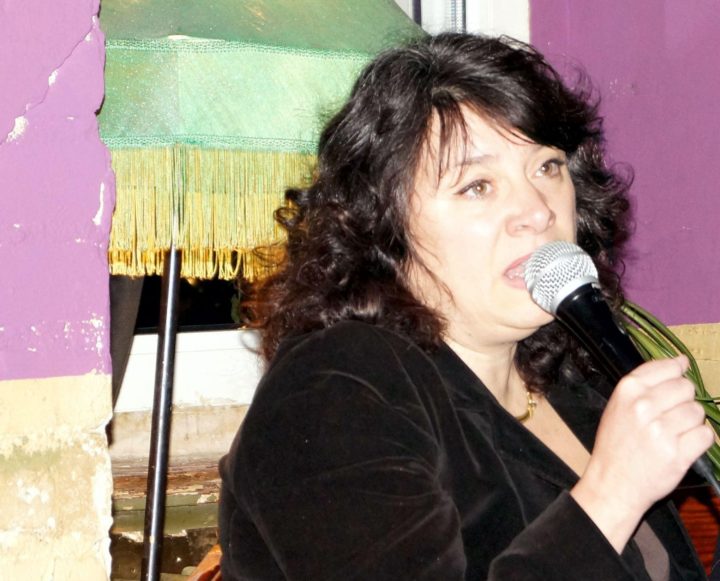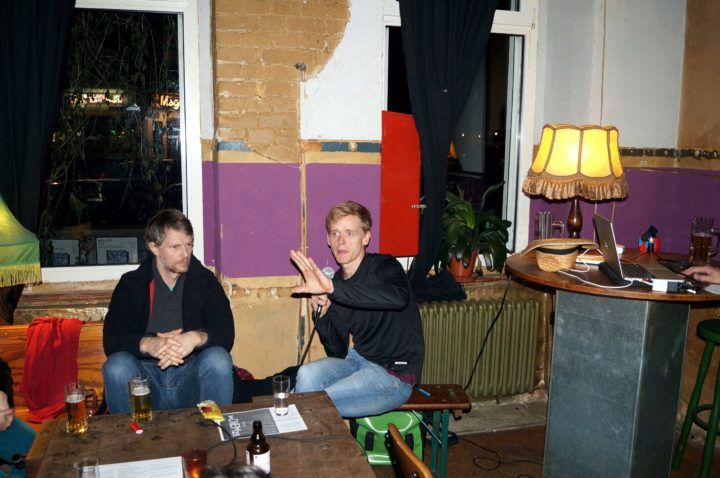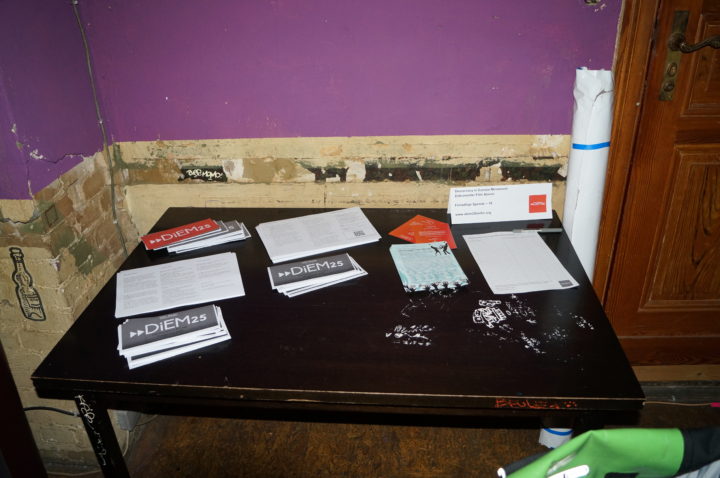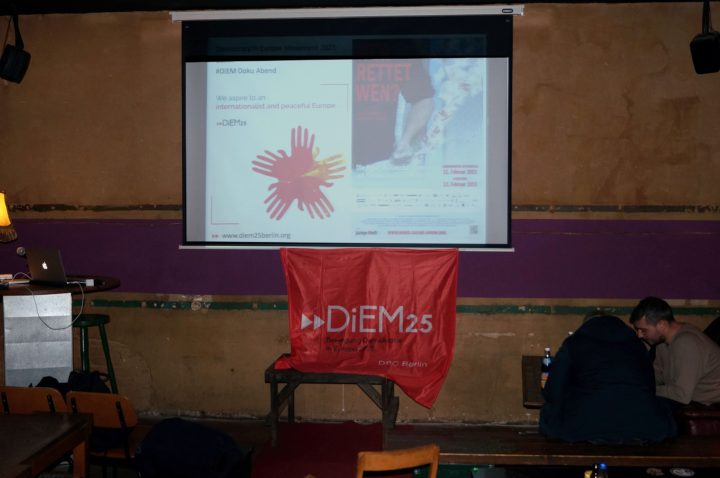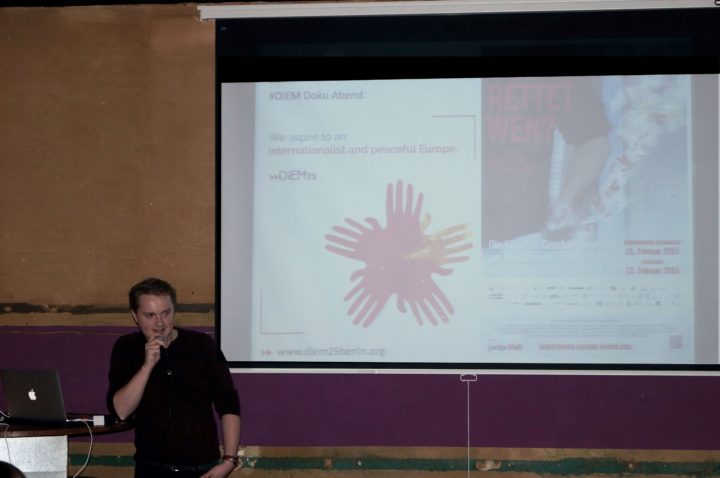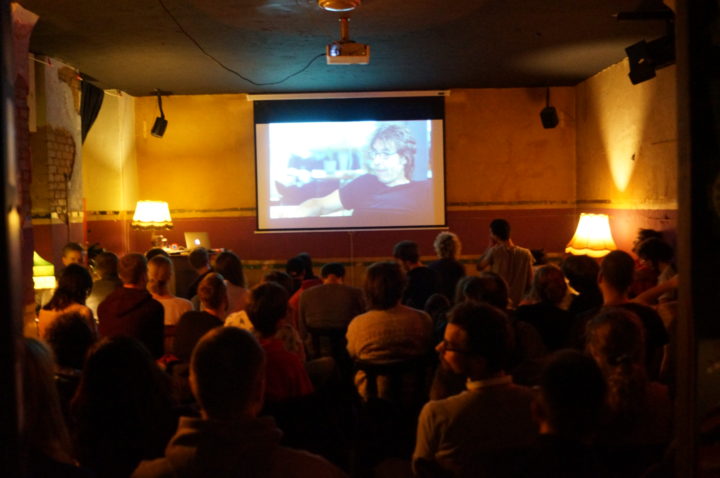In the heart of Neukölln-Berlin, in B-Lage, DiEM25 Berlin presented the film “Who is Saving Whom? – Crisis as a business model at the expense of democracy and social security”.
Although the screening room was crowded and crammed with 80 visitors, the mostly young audience attentively watched the documentary until the end. The documentary from 2015 clearly shows who was responsible for the financial crisis in 2008 and how multi-billion euro and dollar rescue packages almost magically turned bank debts into public debts. The consequences for civil society are enormous and presented in the film through impressive pictures and testimonies.
The film also shows alternatives. Iceland chose a completely different way out of the crisis: the citizens took their fate into their own hands, demanded new elections and a thorough revision of the banking crisis – with success. There was no rescue of international capital, but a democratic redistribution from the top to the bottom. Even the bank executives did not get away unscathed.
Following the film, Ragnar Hjalmarsson provided more nuanced information on the Icelandic case, drawing on his experience as an employee of the IMF Resident Representative Office in Reykjavik from 2008 to 2013. Spanish/Icelandic artist couple Libia Castro and Ólafur Ólafsson also contributed to the intriguing discussion.
During the discussion, it became clear that very special circumstances contributed to Iceland’s unique path. Nevertheless, Iceland remains an encouraging example of how a broad social movement can free a country from the dictatorship of the financial sector and move towards a real democracy.
In the film, the German politician Oskar Lafontaine was quoted as follows:
“If one knows that debt is the money of the rich, then one would have to get the idea that if I want to lower the debt, I will reduce rich people’s money. I’ve never heard that this may have been discussed in that way in parliaments. Instead of taking money from the rich, they dive into the wallet of the pensioners and the workers who earn very little. This is an incredible fact.“
DiEM25 is currently working on a policy paper for Europe’s new economy, which will be presented end of February in Paris.
Carpe DiEM25
